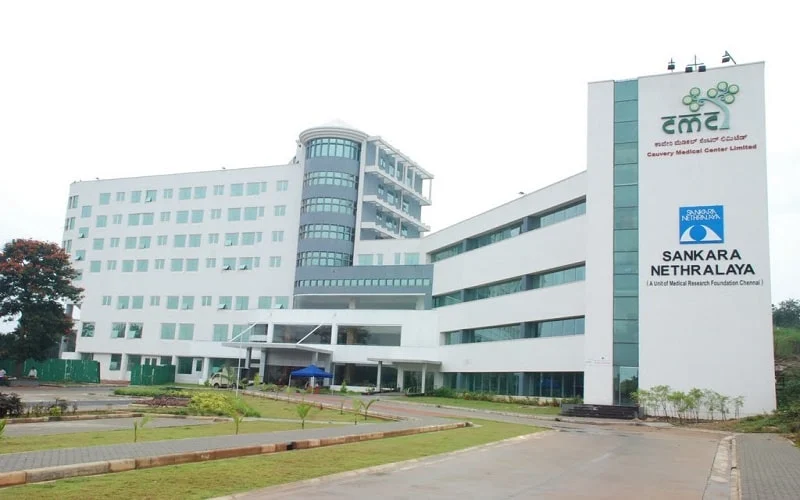The National Consumer Disputes Redressal Commission ( NCDRC), New Delhi, on Friday, awarded an exemplary compensation of Rs. 1 Crore to the parents of a 6-year-old child. The child died due to gross medical negligence and deficiency in service at Sankara Nethralaya, Chennai. The child was admitted for a small squint eye correction surgery.
Based on the Supreme Court decision in National Insurance Co Ltd v. Kusum about the payment of compensation to parents for the death of a child, the Commission presided over by, Justice R.K. Agrawal, and the Members, Dr S.M. Kantikar, and Binoy Kumar regarded Rs.1 Crore compensation ‘just and fair’.
The parents of the deceased child had registered a case against the Sankara Nethralaya hospital, Dr Senior Surgeon T.S. Surendran, and Anesthetist, Dr Kannan.
As per the facts of the case, the parents of the deceased child took their only son to Sankara Nethralaya, Chennai where doctors suggested a minor squint eye surgery. The boy was referred to Senior Surgeon, Dr T.S. Surendran scheduled on June 14th, 2000.
On the day before the surgery, the Physician Dr Sujatha examined the boy. She noticed a faint functional systolic ‘murmur’ and chest wall abnormality. She brought it to the notice of the Senior Cardiologist, Dr S. Bhaskaran. He, however, further examined the child and after conducting some exercises, concluded that there was no murmur.
Dr S. Bhaskaran also ruled out the necessity for further tests like ECG, ECHO or Chest X-ray, and declared that the child was ‘Fit for General Anesthesia’.
The child was brought to the hospital on empty stomach on the scheduled date and taken to the Operation Theatre only at 2 PM. The allegations pointed out that the gap of 9 hours and 20 minutes of fasting led the child to be hypoglycemic, a potential cardiac arrest threat.
Another allegation was that Halothane was used as an anaesthetic agent which was known to cause bradycardia. Bradycardia ) is a slow heart rate. The hearts of adults at rest usually beat between 60 and 100 times a minute. In bradycardia, the heart beats fewer than 60 times a minute. Normally, Atropine is administered as a pre-medication to prevent the same.
The parents of the child alleged that the child had not been administered the right dose and that there had been a huge gap of time between atropinization and actual surgery.
It was also pointed out the Senior Surgeon could have postponed the child’s surgery as he had already completed 16 surgeries that very day and the child was not requiring any imminent attention.
The parents, upon filing the complaint under Section 21 of the Consumer Protection Act, 1986, claimed the compensation of 1,00,20,000/-
The defence argued that as per medical guidelines, routine pre-operative ECG, ECHO and X-Ray are not necessary for children and persons below the age of 40 years, except when medically warranted.
The hospital contended that the infrastructure and operation theatre (OT) was fully equipped with a monitor, centralized Oxygen and all facilities for administering GA or any type of anaesthesia for squint surgery. It was submitted such life-threatening reactions to anaesthesia are rare.
The Commission said that the expected degree of skill from Cardiologist was more and a higher degree of care was found
The commission said that the Anesthetist should have warned the operating surgeon. It was added that the patients who are considered at-risk for the OCR should warrant particular attention. The Commission also found merit in the contention that the surgery could have been postponed.
The Commission found the Cardiologist, the Operating surgeon, and the Anesthetist liable for medical negligence for having failed to exercise their duty of care with required ordinary skills and standards.
Also Read: Ahmedabad-Based KD Hospital Launches Advance Lung Disease Clinic












